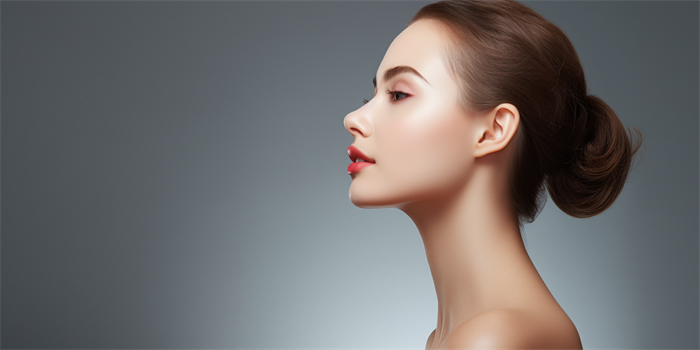Can I Eat Shrimp After AlloDerm in Cork?
Understanding AlloDerm and Its Implications
AlloDerm is a type of graft material used in various surgical procedures, including dental and reconstructive surgeries. It is derived from donated human skin and is processed to remove cells, leaving behind a collagen matrix. This matrix is then used to support tissue regeneration. The use of AlloDerm in Cork, or anywhere else, is generally safe and effective, but patients often have questions about post-operative care, including dietary restrictions.

Dietary Considerations Post-AlloDerm Surgery
After undergoing a procedure that involves AlloDerm, it is crucial to follow your healthcare provider's dietary guidelines. Typically, patients are advised to avoid hard, crunchy, or spicy foods that could irritate the surgical site. Shrimp, being a soft seafood, might seem like a suitable option. However, the decision to include shrimp in your diet post-surgery depends on several factors.
Potential Allergies and Sensitivities
One of the primary concerns with consuming shrimp after AlloDerm surgery is the potential for allergic reactions. Shrimp is one of the most common allergens, and even a mild reaction could complicate the healing process. If you have a known seafood allergy, it is advisable to avoid shrimp and consult your doctor about alternative protein sources.
Nutritional Value and Healing
Shrimp is rich in protein, vitamins, and minerals, which are essential for the healing process. However, the benefits must be weighed against the potential risks. If you do not have an allergy and your surgeon approves, shrimp can be a part of a balanced diet that supports recovery. It is important to cook shrimp thoroughly to avoid any foodborne illnesses that could further stress your immune system.
Consulting Your Healthcare Provider
The best course of action is to consult with your healthcare provider before incorporating shrimp into your diet after AlloDerm surgery. They can provide personalized advice based on your medical history, the specifics of your procedure, and your current health status. Always follow their recommendations to ensure a smooth recovery.
FAQ
Q: Can I eat shrimp immediately after AlloDerm surgery?
A: It is not advisable to eat shrimp immediately after surgery. Wait until your surgeon clears you for a normal diet, which typically happens a few days post-surgery.
Q: What are the risks of eating shrimp after AlloDerm?
A: The main risks include potential allergic reactions and the possibility of foodborne illness. Both could complicate the healing process.
Q: How long should I wait before eating shrimp after AlloDerm?
A: The waiting period varies by individual. Generally, you should wait until your surgeon gives you the green light for a regular diet, which could be a few days to a week after surgery.
Q: Can I eat other seafood instead of shrimp?
A: Yes, you can consider other types of seafood that you are not allergic to and that are softer, such as salmon or tilapia. Always consult your surgeon before making any dietary changes.
Q: What should I do if I accidentally eat shrimp after AlloDerm?
A: If you accidentally eat shrimp and experience any adverse reactions, seek medical attention immediately. Symptoms could include itching, swelling, or difficulty breathing.
In conclusion, while shrimp can be a nutritious part of a post-surgery diet, it is essential to consider potential allergies and consult your healthcare provider. Following their guidance will help ensure a safe and speedy recovery.




